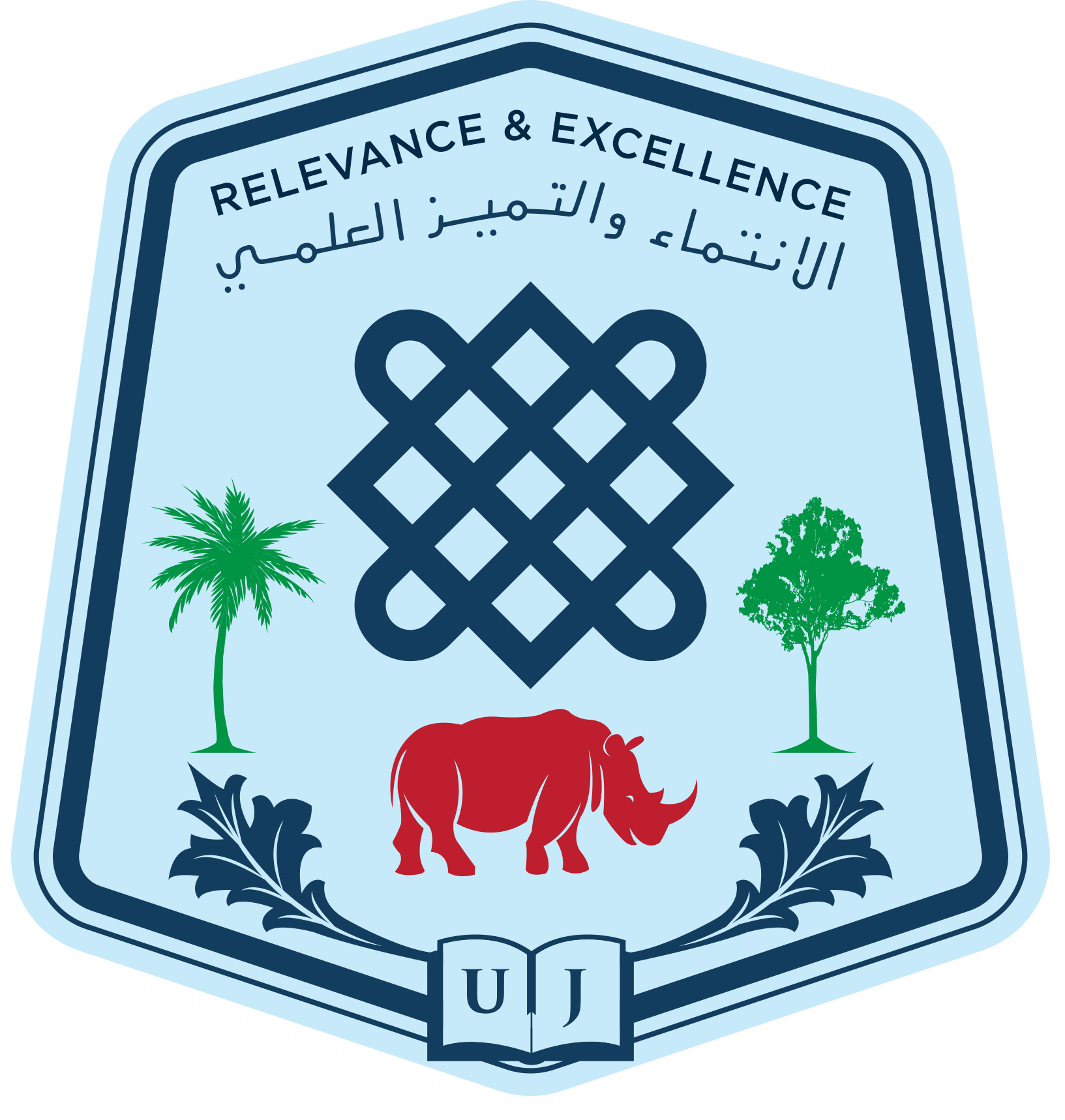Amaring Joseph Ojukwu Ikarak, Dr. Abraham Kuol Nyuon
Abstract
This study examined the complex relationship between hydropolitics and strategic security in post-conflict South Sudan, emphasizing the critical role of water resource management within the Nile Basin. Given South Sudan’s recent independence after decades of civil war, the research explored how water scarcity, infrastructural deficiencies, and regional geopolitical tensions influenced internal stability and regional diplomacy. Employing a pragmatic research philosophy, the study adopted a mixed-methods design, integrating qualitative stakeholder interviews, policy analysis, and quantitative data to provide a comprehensive understanding of water governance challenges. The data collection followed a concurrent embedded approach, allowing for the simultaneous gathering and analysis of multiple data sources, which enhanced the validity of the findings through triangulation. The target population comprised approximately 200 stakeholders, including government officials, community representatives, technical experts, NGOs, and international actors, selected through purposive and snowball sampling techniques to ensure diverse and relevant representation across geographic and institutional lines. Quantitative data encompassed infrastructure conditions, governance indicators, and conflict metrics, which were analyzed using descriptive statistics, regression models, and principal component analysis to explore relationships between water infrastructure, policy frameworks, and security outcomes. Qualitative data from semi-structured interviews, focus group discussions, and document reviews underwent thematic content analysis, capturing stakeholder perceptions, institutional narratives, and social dynamics. This mixed-methods approach facilitated a nuanced understanding of how governance deficiencies, ethnic identities, and regional geopolitics contributed to water-related conflicts. The findings indicated that colonial-era treaties, such as the 1929 and 1959 Nile agreements, entrenched upstream-downstream inequalities, intensifying tensions among Nile riparian states Egypt, Sudan, Ethiopia, and South Sudan. Climate change further threatened water security through increased drought frequency and variability, which jeopardized ecological stability and regional peace. The ecological significance of the Sudd Wetland and infrastructure projects like the Jonglei Canal exemplified the tension between development initiatives and environmental preservation. In conclusion, the study established that water functioned as a strategic resource intertwined with sovereignty and regional influence, with conflicts driven by governance gaps, ethnic identities, and geopolitical interests. It recommended adopting inclusive, collaborative water governance frameworks that integrated traditional conflict resolution mechanisms, regional diplomacy, and sustainable infrastructure development. Strengthening regional cooperation and engaging local communities were also emphasized to promote equitable water sharing. Furthermore, policymakers should prioritize climate adaptation strategies and environmental conservation efforts to mitigate future conflicts. The study ultimately concluded that sustainable peace and security in South Sudan depended on effective water governance, regional collaboration, and climate resilience measures. These insights aimed to guide stakeholders in resolving hydropolitical tensions and fostering stability within the Nile Basin.
Keywords: Hydropolitics, Strategic Security, Post-Conflict, South Sudan, Navigating, Water Governance, Nile Basin.
Download the PDF File Hydropolitics and Strategic Security in Post-Conflict South Sudan: Navigating Water Governance in the Nile Basin
